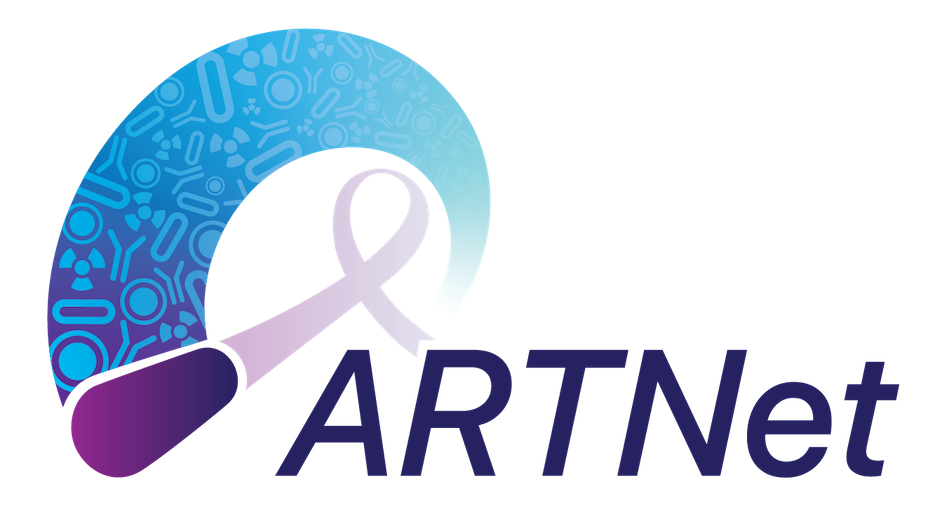ARTNet News
ARTNet Publication Highlights
Using a multi-omics approach in a study supported by ARTNet, Kirk et al. generated a mouse single-cell reference atlas for investigating prostate biology and response to cancer therapies. This resource revealed major drivers of castration-resistant prostate luminal cell populations, which may play a role in prostate cancer progression.
Researchers with the Acquired Resistance to Therapy and Iron (ARTI) Center found that inhibitors of complex I in the electron transport chain sensitize LKB1-deficient cancer cells to ferroptosis (i.e., iron-induced cell death) and radiation. They further showed that complex I inhibition synergizes with radiotherapy to suppress LKB1-deficient tumor growth in preclinical models.
Investigators with the Bay Area & Anderson Team Against Acquired Resistance (BAATAAR-UP) Center showed that a focal adhesion kinase (FAK) - YAP signaling pathway drives drug-tolerant persister cells and residual disease in lung cancer. They also found that inhibition of FAK-YAP signaling in combination with targeted therapy suppresses residual drug-tolerant cells and enhances lung tumor responses in preclinical models.
Murthy et al. with the Pancreatic Cancer ARTNet Center found that cancer-associated fibroblast-derived acetate promotes pancreatic cancer development via altering polyamine metabolism. They further showed that targeting this mechanism through inhibition of the ACSS2–SP1–SAT1 signaling pathway suppresses pancreatic cancer progression in experimental models.
ARTNet Newsletter
The October 2024 ARTNet Newsletter includes a summary of the 2024 ArtNet Bi-Annual Meeting, ArtNet investigator news, ArtNet publications, a Coordination and Data Management Center Report, shared ArtNet resources, upcoming ARTNet events and more.
ARTNet Digital Media
Learn more about ARTNet via the following digital media platforms:
- ARTNet Website
- ARTNet Twitter: @NCIARTNet
- ARTNet LinkedIn
DCB Contact for ARTNet
For additional information about ARTNet, please contact Dr. Jeff Hildesheim.
Funded Projects
ARTNet Research Centers (U54s)
| Institution | Principal Investigator(s) | Center Title |
|---|---|---|
| MD Anderson Cancer Center | Boyi Gan, Albert Koong | Acquired Resistance to Therapy and Iron (ARTI) Center |
| MD Anderson Cancer Center | Jefferey N. Myers, Vlad C. Sandulache | The Houston Center for Acquired Resistance Research (H-CARR) |
| Oregon Health and Science University | Jeffery W. Tyner, Brian J. Druker, Shannon K. McWeeney | Architecture and Trajectory of Acquired Resistance to Therapy in AML |
| University of California, San Francisco | Trever G. Bivona, Jack Roth | Bay Area & Anderson Team Against Acquired Resistance - U54 Program (BAATAAR-UP) |
| University of Oklahoma Health Sciences Center | Pankaj K. Singh | Pancreatic Cancer ARTNet Center |
ARTNet Coordinating and Data Management Center (U24)
| Institution | Principal Investigator(s) | Center Title |
|---|---|---|
| Roswell Park Cancer Institute | Alan D. Hutson, David W. Goodrich, Song Liu, Martin T. Morgan | Coordinating and Data Management Center for Acquired Resistance to Therapy Network |
